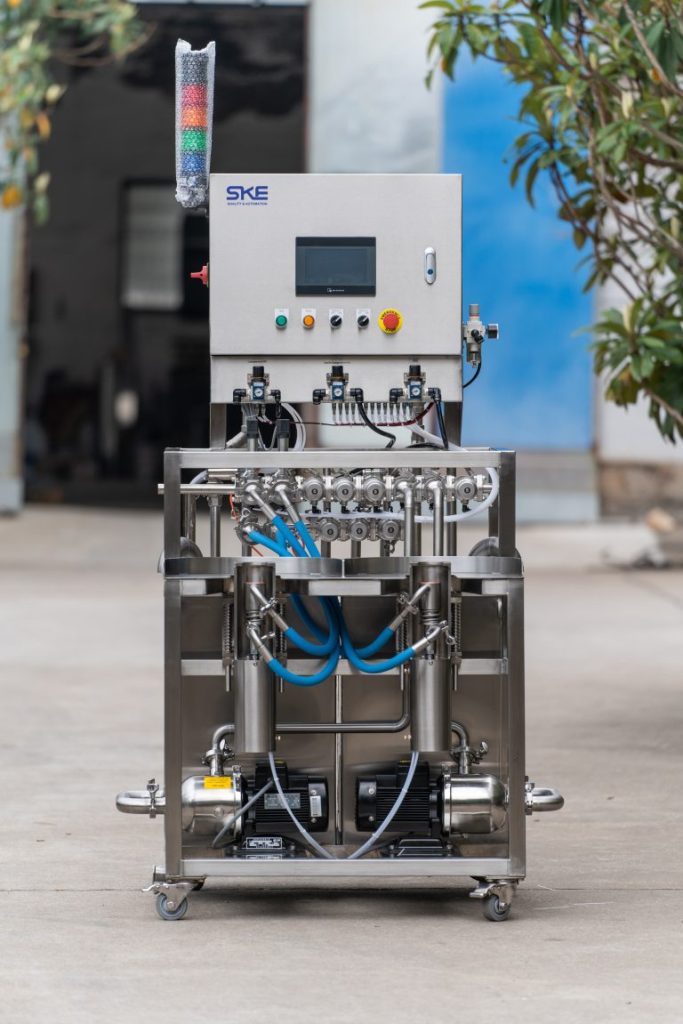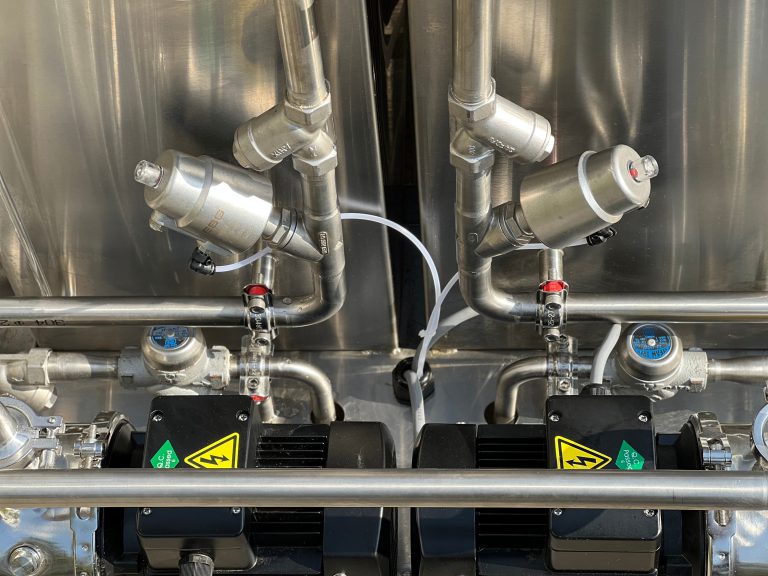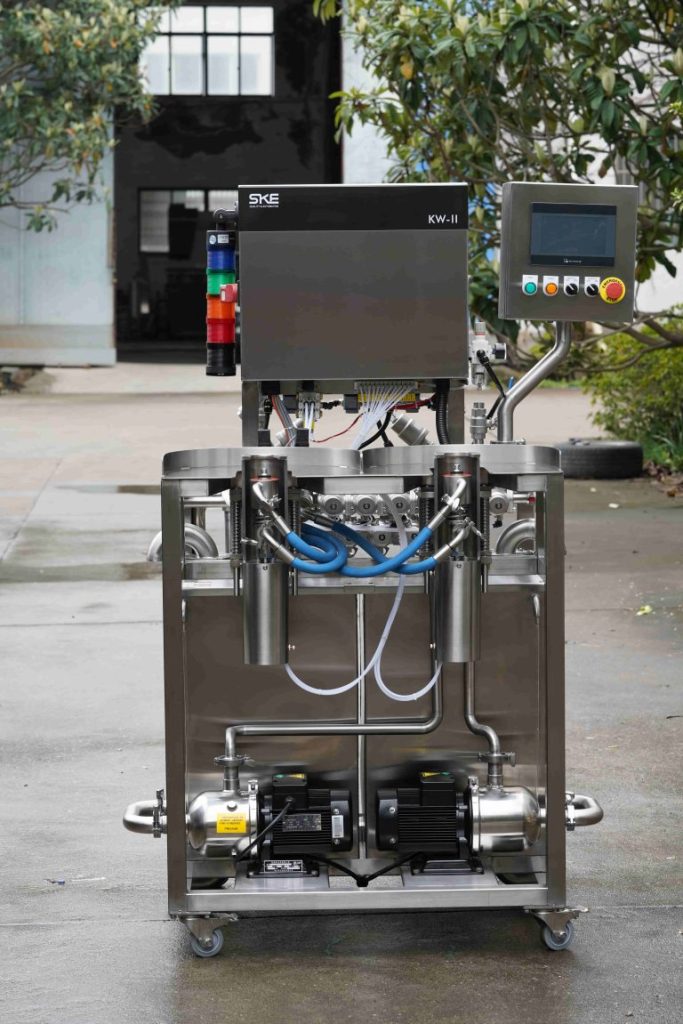Introduction

In the brewing industry, keg washers play a crucial role in maintaining hygiene and efficiency. Whether manual or automated, choosing the right type of keg washer can significantly impact a brewery’s operations. This blog explores the pros and cons of manual and automated keg washers, helping brewers make informed decisions based on their specific needs.
Manual Keg Washers: Pros and Cons
Manual keg washers have been a staple in breweries for decades. They offer brewers a hands-on approach to cleaning kegs, ensuring thorough cleaning and inspection. Here are some key pros and cons:
| Pros | Cons |
|---|---|
| Allows for detailed inspection of kegs | Labor-intensive process |
| Lower initial investment | Slower cleaning process |
| Greater control over cleaning process | Requires more operator training |
| Can be more suitable for smaller breweries | Potential for variability in cleaning quality |
Automated Keg Washers: Pros and Cons
Automated keg washers represent a technological advancement in brewery operations, offering efficiency and consistency. Here are the pros and cons:
| Pros | Cons |
|---|---|
| Faster cleaning process | Higher initial investment |
| Consistent cleaning quality | Limited flexibility in cleaning customization |
| Reduced labor costs | Maintenance and repair costs can be higher |
| Ideal for larger breweries | May require more space in the brewery |
Comparison of Manual vs. Automated Keg Washers
To better understand the differences between manual and automated keg washers, let’s compare them side by side:
| Criteria | Manual Keg Washers | Automated Keg Washers |
|---|---|---|
| Cleaning Speed | Slower | Faster |
| Initial Investment | Lower | Higher |
| Cleaning Quality | Dependent on operator | Consistently high |
| Labor Requirement | More labor-intensive | Reduced |
| Flexibility | More customizable | Less customizable |
| Ideal for | Small to medium breweries | Medium to large breweries |
Key Considerations When Choosing a Keg Washer

When deciding between a manual or automated keg washer, the size and production capacity of the brewery play a critical role. Larger breweries with higher production volumes may find automated systems advantageous due to their ability to handle larger batches efficiently. Automated keg washers can significantly increase throughput and reduce downtime, which is crucial for meeting the demands of a larger-scale operation.
Budget considerations are another pivotal factor in the decision-making process. While manual keg washers generally have a lower initial investment, automated systems often require a higher upfront cost. However, it’s important to note that automated systems can lead to long-term savings through reduced labor costs and improved operational efficiency. Brewers must carefully weigh these initial costs against potential long-term savings and productivity gains.
Consistency in cleaning quality is paramount in the brewing industry to ensure the integrity and flavor of the beer. Automated keg washers are designed to provide consistent cleaning results through programmed cycles, minimizing human error and variability. This reliability not only helps maintain beer quality but also ensures compliance with stringent regulatory standards governing cleanliness in food and beverage production.
Assessing maintenance requirements is essential for both types of keg washers. While manual systems may appear simpler, they still require regular upkeep and servicing to ensure optimal performance and hygiene. Automated systems, although more complex, often come with maintenance schedules and service agreements that can streamline upkeep and reduce downtime. Understanding these ongoing maintenance needs is crucial for budget planning and preventing operational disruptions.
Conclusion
Choosing between manual and automated keg washers depends on various factors such as brewery size, budget, and cleaning standards. Both options have their distinct advantages and disadvantages, making it essential for brewers to evaluate their specific needs before making a decision. Whether opting for the hands-on approach of manual cleaning or the efficiency of automation, ensuring kegs are properly cleaned is paramount in delivering high-quality beer to consumers.
FAQ
Q: Are automated keg washers suitable for small breweries?
A: While automated keg washers are typically more suited for medium to large breweries due to their higher capacity and initial investment, smaller breweries can still benefit from automation if they have consistent production needs and can justify the investment.
Q: How often should keg washers be serviced?
A: Both manual and automated keg washers should be serviced regularly according to manufacturer recommendations. This helps ensure optimal performance and longevity of the equipment.
Q: Can manual keg washers achieve the same cleaning standards as automated ones?
A: Manual keg washers can achieve high cleaning standards with proper training and procedures. However, automated systems offer more consistent results due to their programmed cleaning cycles.

